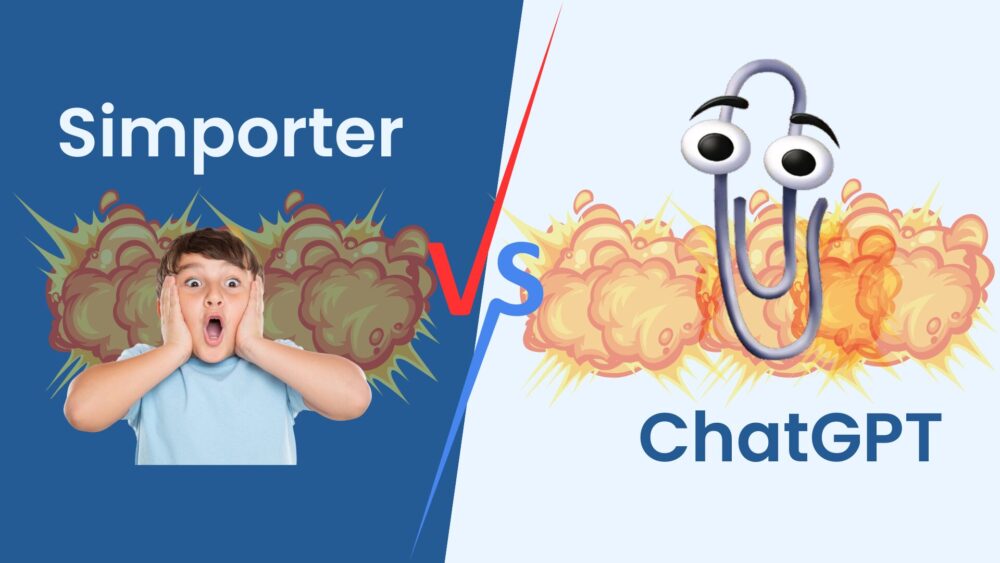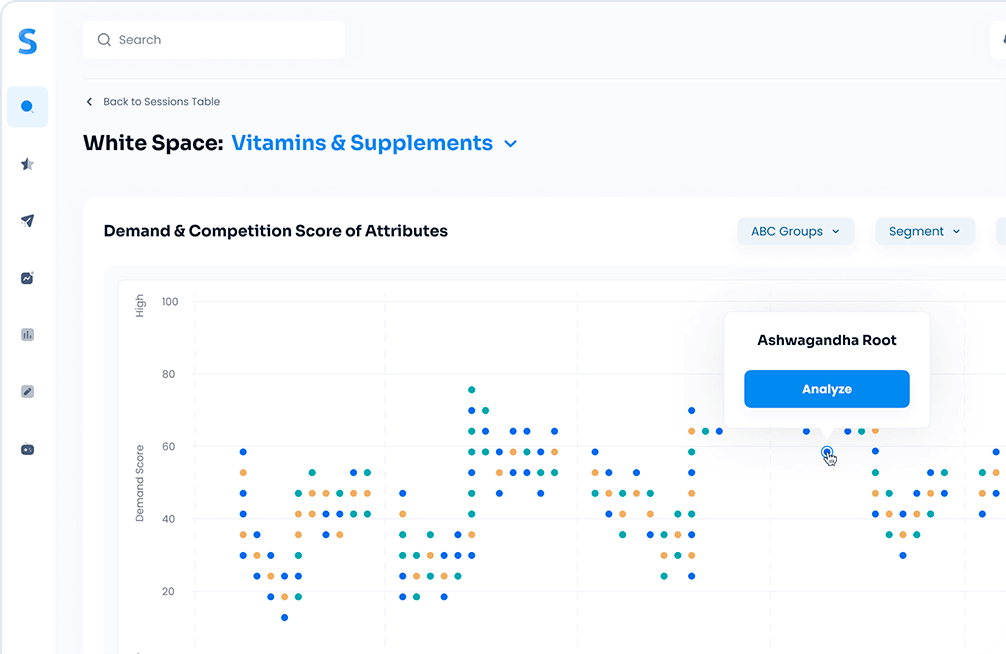The ingredient you’ve probably seen before but never tried to pronounce, Bakuchiol, has experienced massive amounts of growth in the skincare category in recent months. Pronounced buh-koo-chee-awl, this Indian herb claims to be the next retinol, providing moisturizing, anti-aging, and anti-inflammatory effects to the skin.
Retinol is a form of vitamin A praised for its skincare benefits, mostly to help with skin rejuvenation, anti-aging, and exfoliation. On its website, the fashion magazine Marie Claire created this clean infographic below:
Here’s exactly what retinol does
With retinol currently praised for its benefits, where does bakuchiol come in?
With a quick Google search, it is clear that bakuchiol is perceived as an all-natural, healthy, organic alternative to retinol. Over the past five years, these attributes have exploded in consumer interest, especially in skincare.
As consumer interest shifts toward skincare products with those attributes, it’s a no brainer that retinol will soon be an outdated member of the skincare category, with consumers happily picking out bakuchiol products in its place.
Using alternative tools, a cosmetics insights manager would believe that bakuchiol is beginning to overtake retinol. In fact, a social listening tool might tell you bakuchiol “the ingredient everyone is talking about,” frequently citing the Indian herb as a natural alternative to retinol.
When we look at consumer interest growth around bakuchiol, it’s obvious that the ingredient is lifting off in demand, growing at exponential levels in just the past three years.
Naturally (pun intended), growth like this means large brands should begin to take note and invest in bakuchiol-based products. Right?
Wrong
The two skincare ingredients have similar properties but bakuchiol is not going to compete with Retinol for a long time.
One of the largest mistakes from most trendspotting tools is they don’t contextualize growth with volume. In other words, most tools provide brands with growth percentage data that’s not relative to the volume. So if a category grows from $500,000 to $5,000,000, a trendspotting tool would indicate that this is a 10X increase and, therefore, more important for a brand manager’s innovation strategy than if another category were to grow from $100,000,000 to $400,000,000.
That said, Fortune 500 brands would typically be more interested to invest in the second case, which represents a $300,000,000 increase instead of a $4,500,000 increase. However, most trend-spotting tools would recommend the first trend, which experienced a 10X increase versus a 4X increase.
How is Simporter different?
Simporter contextualizes data for you. So you don’t need to worry about abstract growth percentages with meaningless sample sizes. As we see below, retinol demand is growing substantially as well, albeit with a smaller growth rate percentage than bakuchiol. In a vacuum, a consumer insights manager may still believe that bakuchiol represents a better opportunity.
But with Simporter, you can learn that it’s way too early to invest in Bakuchiol. According to the Simporter Demand Index, Bakuchiol is still a rounding error in demand relative to Retinol despite the social media buzz.
Closing Remarks
The trend may explode five years from now, but within the next two to three years, there are no signs it will rival retinol.
For skincare brands out there, we have three recommendations based on the data in this article:
- Be careful with data in a vacuum;
- Constantly look for growth data that are contextualized to volume;
- Consider investing further in products that feature retinol.









